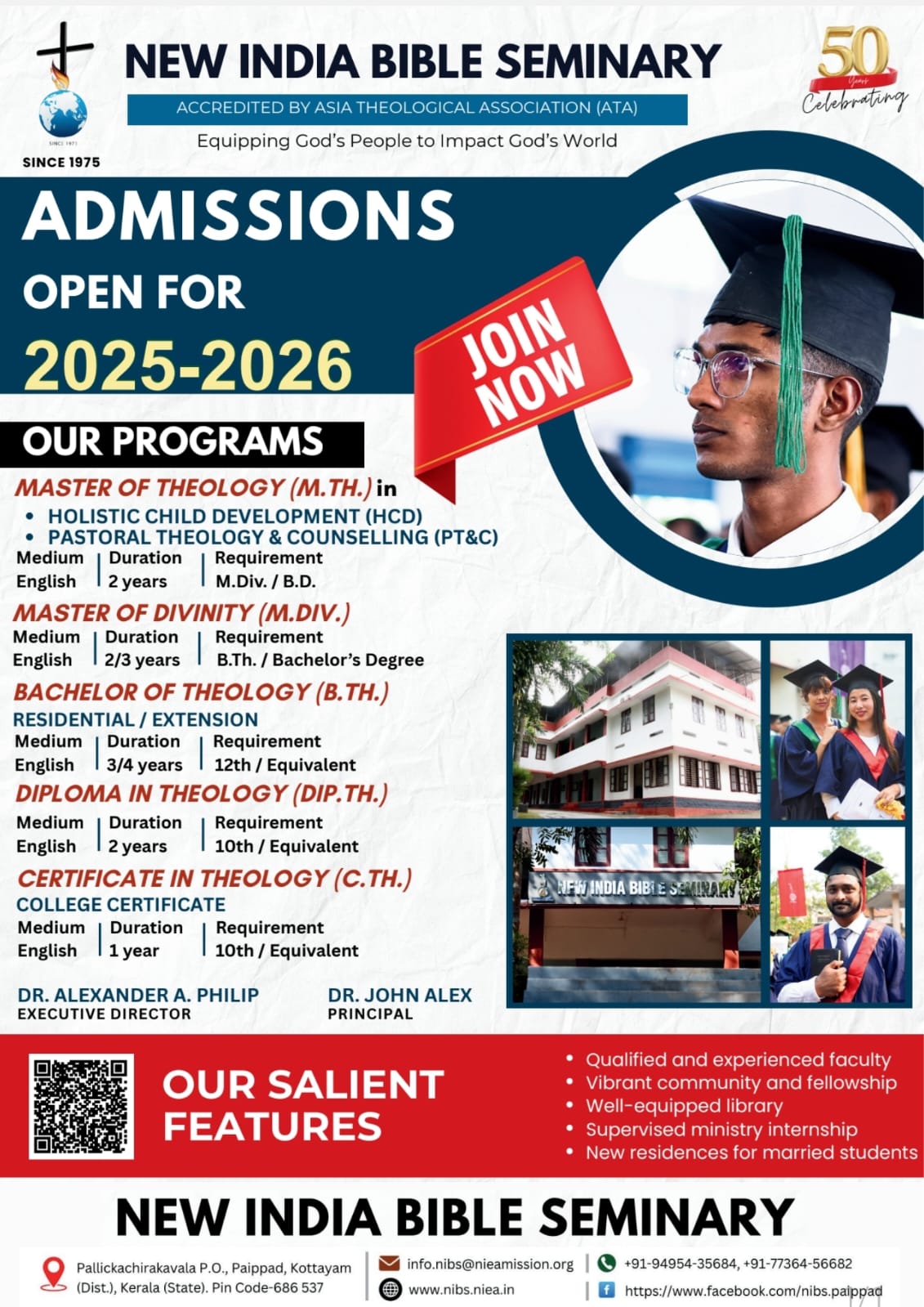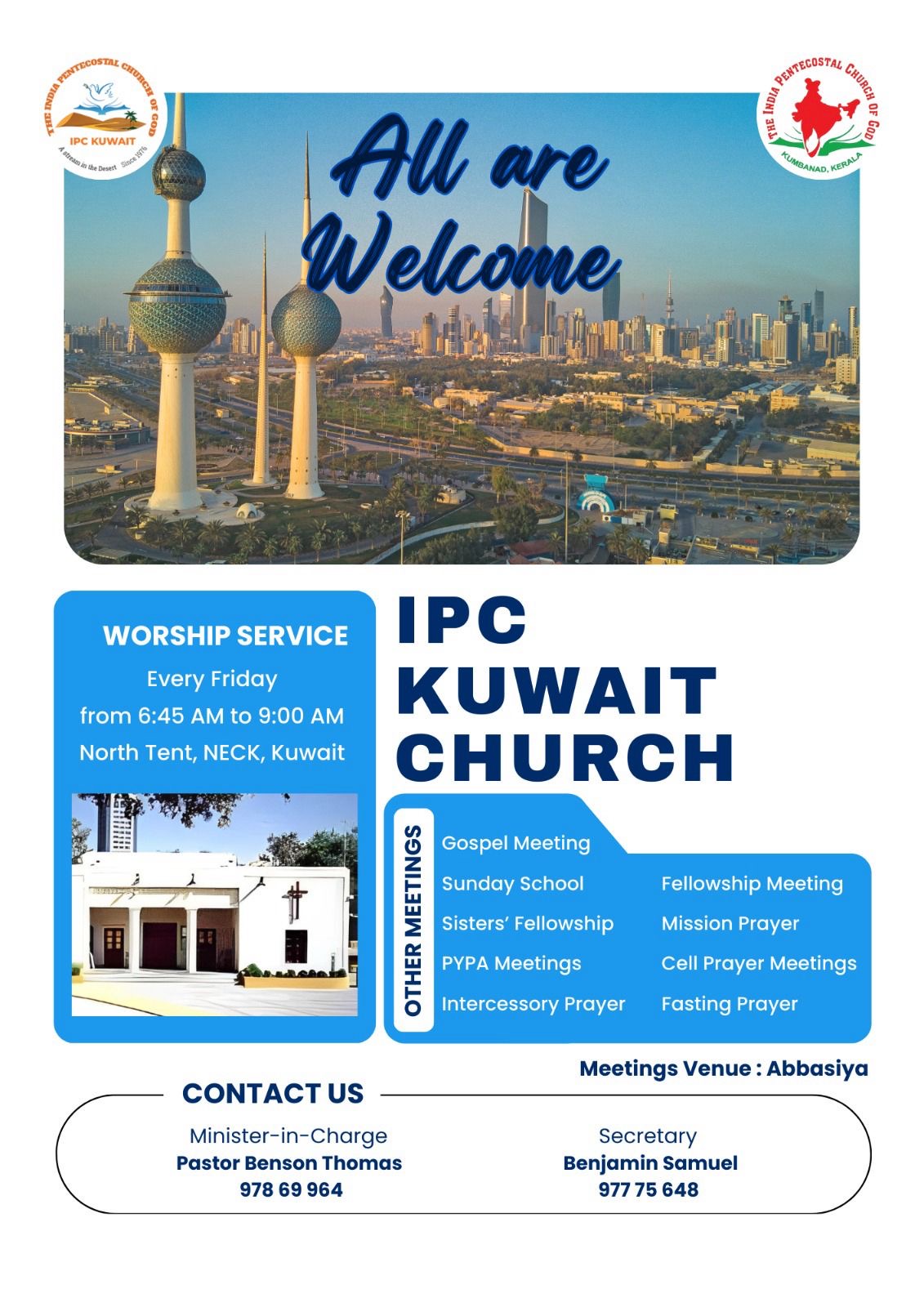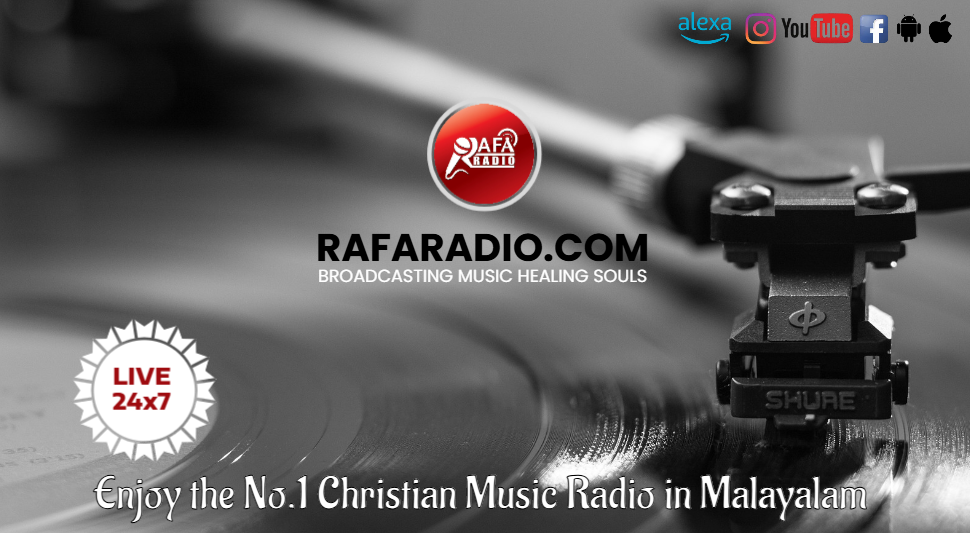Article: O For a Thousand Tongues to Sing | Dr. Julie A Thomas
O for a thousand tongues to sing
My great Redeemer’s praise,
The glories of my God and King,
The triumphs of his grace!
‘O for a thousand tongues to sing’ was written by Charles Wesley, the father of Methodist congregational Hymns, on the first anniversary of his conversion in 1738. This hymn is significant in the Methodist circle as it is the first hymn in the United Methodist Hymnal of 1989. Wesley, who at that time, had an aversion to the excessive use of psalms in worship songs penned the words of this song to express the deep desire of his soul to worship God in his own words.
Unlike Issac Watts, a contemporary of the Wesly brothers who attempted to bridge the gap between psalms and hymns in worship, a freer expression of the human experience was achieved in the hymns of Charles Wesley. In this song, Wesley reaches deep into the realm of his soul to express his conversion experience through literary sophistication and poetic elegance. It is believed that the opening line of this beautiful hymn was inspired by Wesley’s spiritual father and mentor Peter Bohler, who said, “Had I a thousand tongues, I would praise him with them all!”
“Hear him, ye deaf; his praise, ye dumb, your loosened tongues employ; ye blind, behold your saviour come, and leap, ye lame, for joy.”
The hymn is a heightened expression of the nature of the human soul that discovers the depth of God’s redeeming grace. Throughout the hymn, Wesley contrasts the darkness of sin with the light of salvation. He reflects on the blood of Jesus that heals broken hearts, removes all fears, and fills them with the joy of new life.




- Advertisement -





